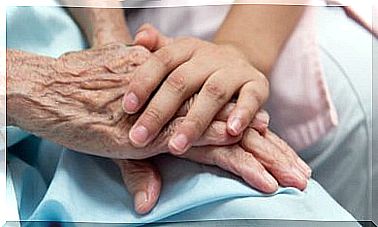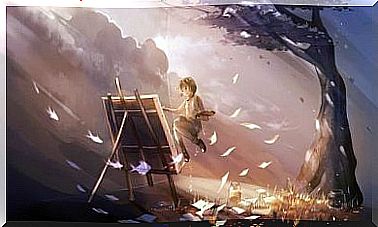Collective Nostalgia For Bygone Eras

Sometimes we feel homesick. We long for a moment, for a situation, or for a past event. We suffer for something that has already happened, something that we once had but lost. This emotion can be given by a person, by a group (collective nostalgia), by an object or by certain events.
In nostalgia we can make an important difference, because there are two kinds of feelings. One is a positive feeling, a charming memory for an object absent or disappeared in time. The other is a negative feeling. A feeling of pain, of suffering for what we can no longer recover, of return because the object returns.
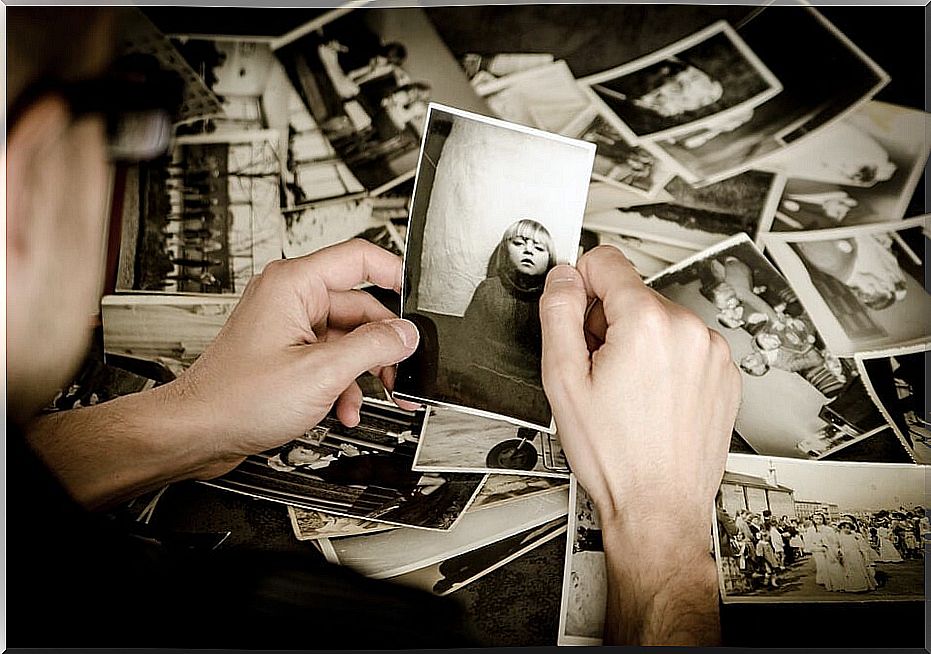
Being nostalgic
Perhaps the most prominent thing in nostalgia is the longing for a loved one. Love breakups, long stays abroad or deaths become the desired return object. However, nostalgia is no less important when the object is a place.
In Spanish we have a word to designate this type of nostalgia, mixed with melancholy, which sighs for the homeland, the morriña. It is said in the language from which this word comes, Galician, that morriña is the longing for the land of origin. Missing where one comes from and those things, objects and situations that evoke it.
“Take a look at my nostalgia and tell me what you see”
-Xavier Velasco-
Collective nostalgia
Another type of object of nostalgia is past events or situations. A special case of this feeling, for this purpose, is that which constitutes collective nostalgia. This refers to the shared longing for what society was and supposed.
We have all heard someone, at some time in their lives, say: “in my time things were different.” And it is that comparisons in time are never fair. The ups and downs of memory with their distortions can make us long for a distorted past. Selective memory will show us only those events that sharpen our nostalgia.
Many people long for, as well as praise, dictatorial regimes. They sigh for the lack of a heavy hand in modern times and cry out for a strong and charismatic leader who will once again make the nation great. Obviously, these longings forget important parts of the past and present. They do not take into account all the freedoms that being outside an authoritarian regime implies and do not mention the possible crimes committed in those times whose return they proclaim.
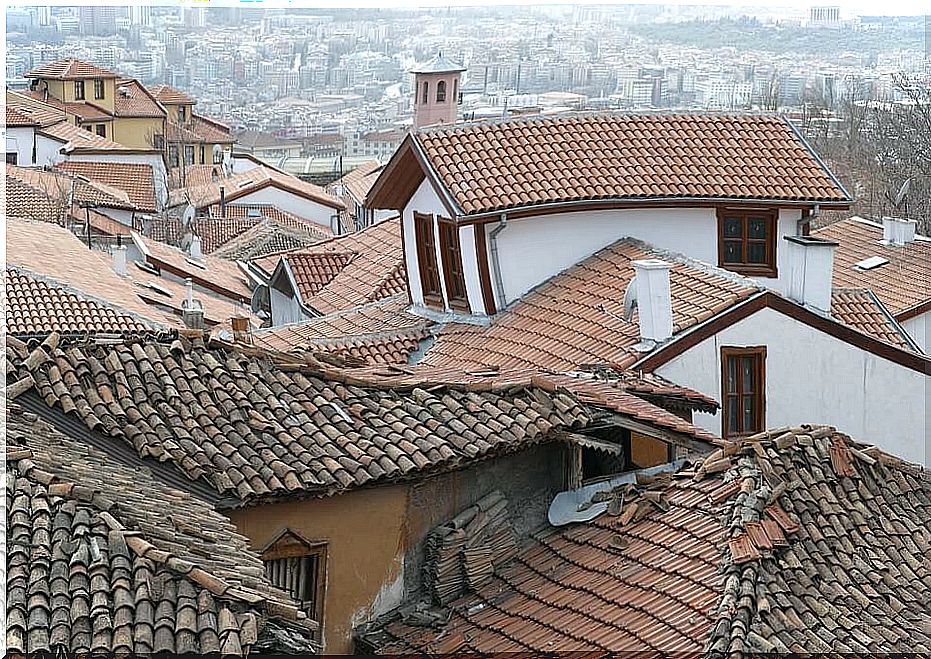
These people live in their fantasy, which is a distortion of reality. Even so, by fantasizing, they end up glorifying the past and some of its representatives. Think of the people who brag about such obnoxious historical figures as Hitler or Mussolini. While they may have made some progress for the community, their crimes should bury any nostalgia for that time.
Nostalgia as motivation
Collective nostalgia, as a group emotion that it is, can become a strong motivation that will guide group behavior. When we share that longing for a particular kind of society with the majority of the members of our group, action is easier. If a large group wants to bring the past to the present, violence can become a means if there are others that do not work.
Collective nostalgia will predict collective action in some cases. The greater the intensity of this emotion in the group, the more likely they are to take to the streets to reclaim their object of desire, their glorious past. But this relationship is not so simple, emotions are going to regulate it. Especially negative emotions.
Anger, anger and contempt are emotions that directed towards another group will help mobilization to take place. When one group feels nostalgic for the way society was and identifies the culprit for the change, another group that prevents a return to the past for example, the emergence of negative emotions and actions in defense of longing are more likely. Actions that can be framed as regulations, be in line with the law, or go beyond the lines of what is considered legal and resort to vandalism or violence.
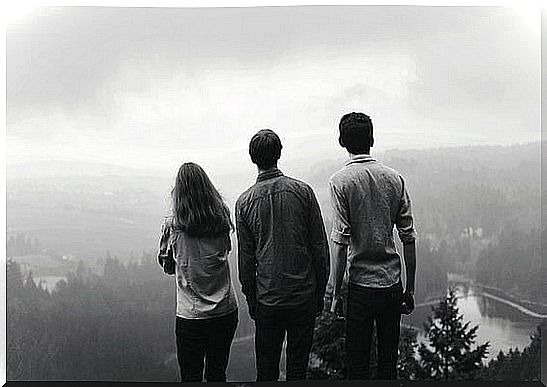
However, collective nostalgia does not have to be negative. If the desire falls on the old image of a country, it would be necessary to see what that country was like. Or, better still, what particular aspects are desired from that country. If nostalgia falls on values such as openness and tolerance, future protests and actions will be aimed at more liberal ends, although the means used to achieve them may not be.
If to some extent we can influence and recreate our desires, let us make nostalgia a motivation for a better world. Let us miss freedoms and not restrictions, diversity and not exclusion. May our sighs find their reasons in their losses, not ours.
